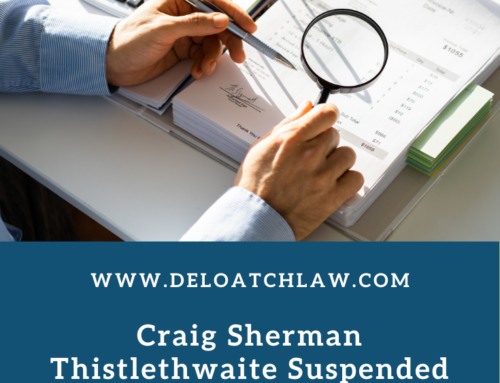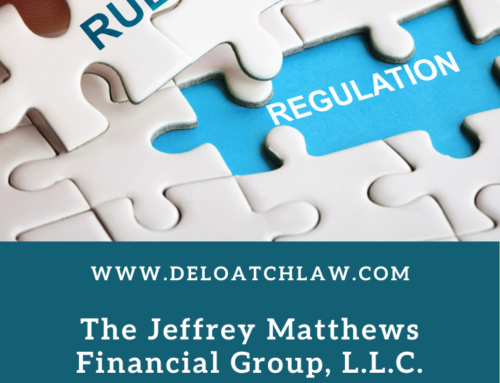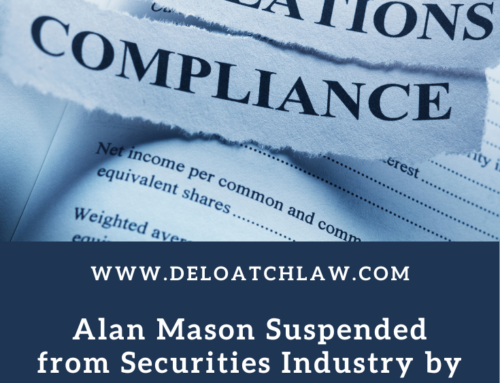 The financial crisis of 2008 and now the economic malaise from the coronavirus (COVID-19) has caused the fed to take extraordinary steps to keep interest rates at historic lows to support the economy. This has been great for the stock market, but has left many investors, who need their portfolios to produce income, searching for yield. As a result, private equity has become a popular subject for financial professionals when talking to their client. Yes, private equity typically has greater returns than more traditional securities (i.e., publicly traded stocks and bonds). However, they typically have much greater risk. Thus, the big question is – is private equity suitable for you?
The financial crisis of 2008 and now the economic malaise from the coronavirus (COVID-19) has caused the fed to take extraordinary steps to keep interest rates at historic lows to support the economy. This has been great for the stock market, but has left many investors, who need their portfolios to produce income, searching for yield. As a result, private equity has become a popular subject for financial professionals when talking to their client. Yes, private equity typically has greater returns than more traditional securities (i.e., publicly traded stocks and bonds). However, they typically have much greater risk. Thus, the big question is – is private equity suitable for you?
What is Private Equity?
Unlike traditional equity securities that are sold to the general public through an initial public offering (IPO), and are publicly traded, private equity encompasses securities that are sold to a particular class of investors through a private placement offering. Both IPO’s and private placements are regulated by the Securities & Exchange Commission (SEC) and the Securities Act of 1933 (the Act), but they are governed by different sections. Specifically, private placement offerings are sold pursuant to Regulation D (Reg. D) of the Act.
Unlike securities sold through an IPO, securities sold in a private placement are not required to be registered with the SEC by the issuer. However, the SEC still requires the issuer to make certain disclosures in a document for potential investors – the private placement memorandum (PPM). Unlike the disclosures made in a prospectus that accompanies an IPO, the disclosures in a PPM are not as expansive, because the intended investor is presumed to be more sophisticated and better equipped to evaluate and withstand the risks associated with the securities than the average investor.
Accredited Investors
Generally, private placement securities are presumed to be suitable for accredited investors, who can be either people or institutions that meet certain requirements. With regards to people, Reg. D has a very specific definition of an accredited investor:
- Someone having a net-worth of over $1,000,000.00 at the time the investment is being made; or
- Someone having an annual income of over $200,000.00 for at least the most recent 2 years.
For a married couple, the definition is slightly different:
- Having a net-worth of over $1,000,000.00 at the time the investment is being made; or
- Having an annual income of over $300,000.00 for at least the most recent 2 years.
Also, a person who can demonstrate sufficient education or job experience showing their professional knowledge of unregistered securities, can also qualify as an accredited investor.
Is Private Equity Suitable for You?
 When evaluating securities, the old Wall Street adage comes to mind: “the greater the risk, the greater the reward.” However, an investor who is being told of the great returns of private equity should think of that Wall Street adage in reverse; “the greater the reward, the greater the risk.” Indeed, financial professionals have an obligation to act in their client’s best interest and make suitable recommendations under FINRA Rule 2111.
When evaluating securities, the old Wall Street adage comes to mind: “the greater the risk, the greater the reward.” However, an investor who is being told of the great returns of private equity should think of that Wall Street adage in reverse; “the greater the reward, the greater the risk.” Indeed, financial professionals have an obligation to act in their client’s best interest and make suitable recommendations under FINRA Rule 2111.
As previously indicated, the risk disclosures made by issuers of private placement securities are considerably less comprehensive than those made in a prospectus through an IPO. Because of this lesser disclosure, someone without a business, financial and/or legal background is less likely able to properly assess the risks associated with such securities.
Additionally, because the securities are not registered with the SEC, they cannot be sold to the general public. Thus, a person who purchases private equity cannot sell it with the same ease as selling a registered security. In short, purchasers of private equities may be stuck holding a security they no longer want while the price declines significantly.
This double layer of risk – i.e., limited disclosure and illiquidity – can cause an investor to lose a substantial portion, if not all of their investment very quickly.
Because of these risks, private placement securities are generally unsuitable for the typical investor.
So, is private equity suitable for you?
What Should You Do?
If you believe that you sustained losses due to unsuitable recommendations by your broker, you should speak with a legal professional experienced in the securities industry.
The Law Office of Kevin J. Deloatch, Esq. has an extensive securities law practice and over 30 years of experience on Wall Street. If you would like a free consultation, call today at (646) 792-2156. If there is a basis for filing a claim your time may be limited. Call today to avoid delay.








